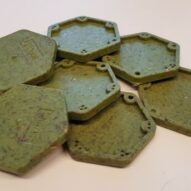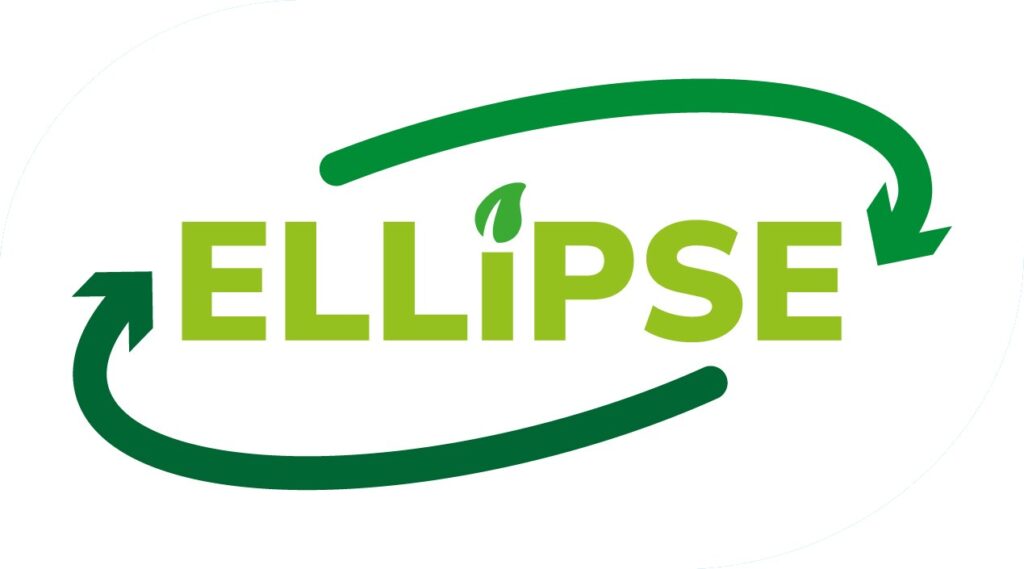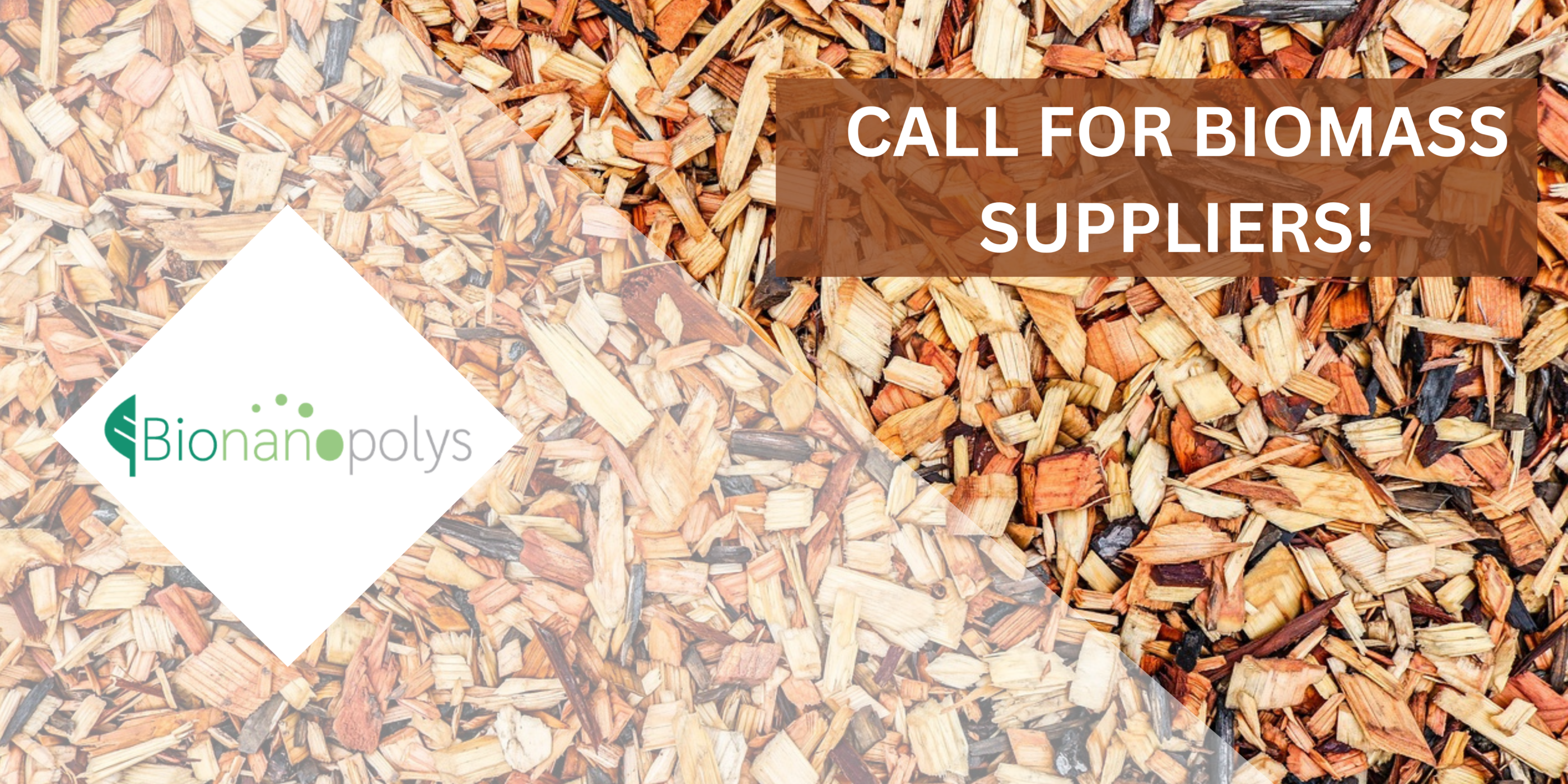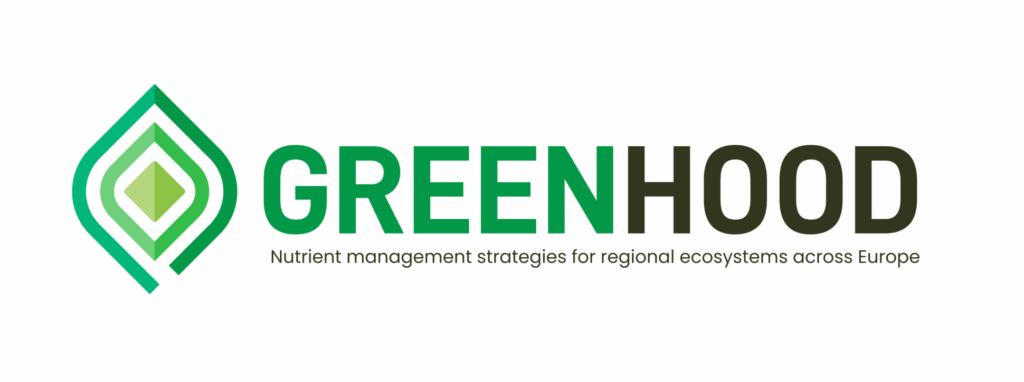Biomaterials & Eco-Design

During the early discussion on the transition from fossil feedstock to more sustainable alternatives, much focus was given to energy and fuel production. However, most of the materials we use on a daily basis are also made from fossil sources and should also be substituted by renewable ones to allow for the circular economy to evolve.
In this sense, the use of bio-based materials, such as natural fibers or polymers based on lipids, proteins or sugars, amongst others, can result in more sustainable and eventually biodegradable materials that will cause a lower impact to the environment. Moreover, not only the choice for sustainable materials is necessary, but also the product design should be more attentive to environmental impacts, allowing for greener process and ease of recycling, resulting in an โeco-designโ.
News
Events
Publications
Relevant projects





